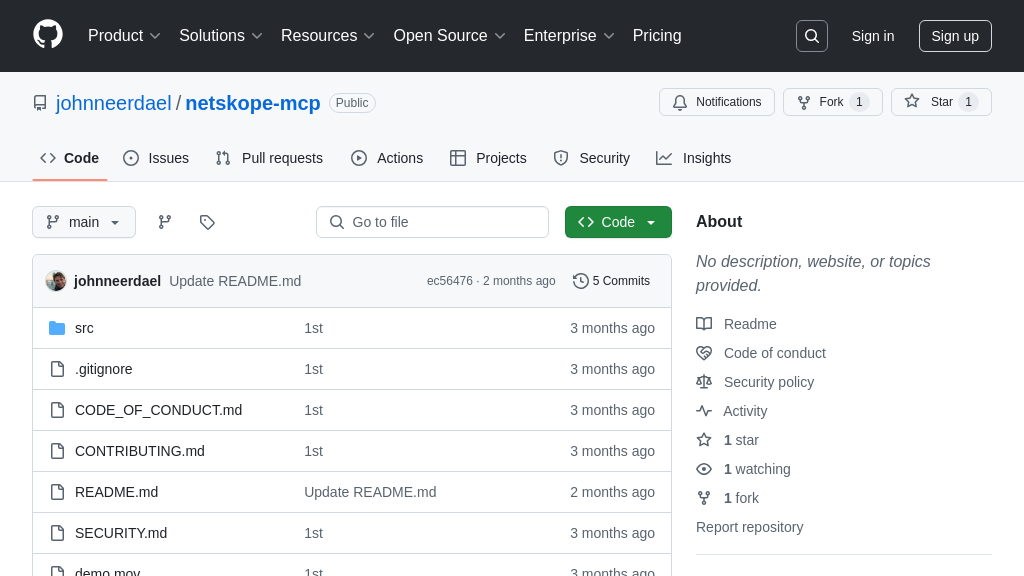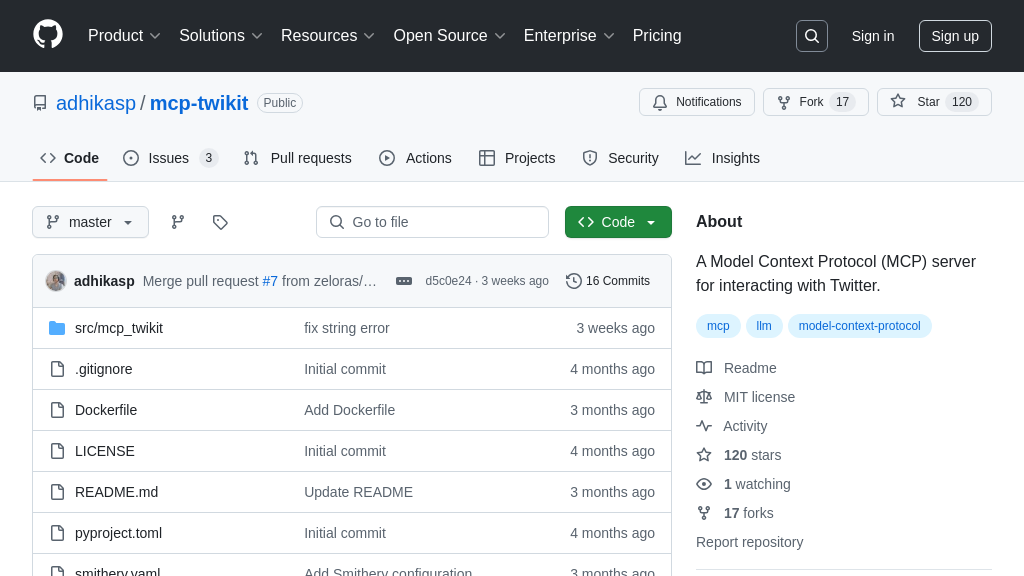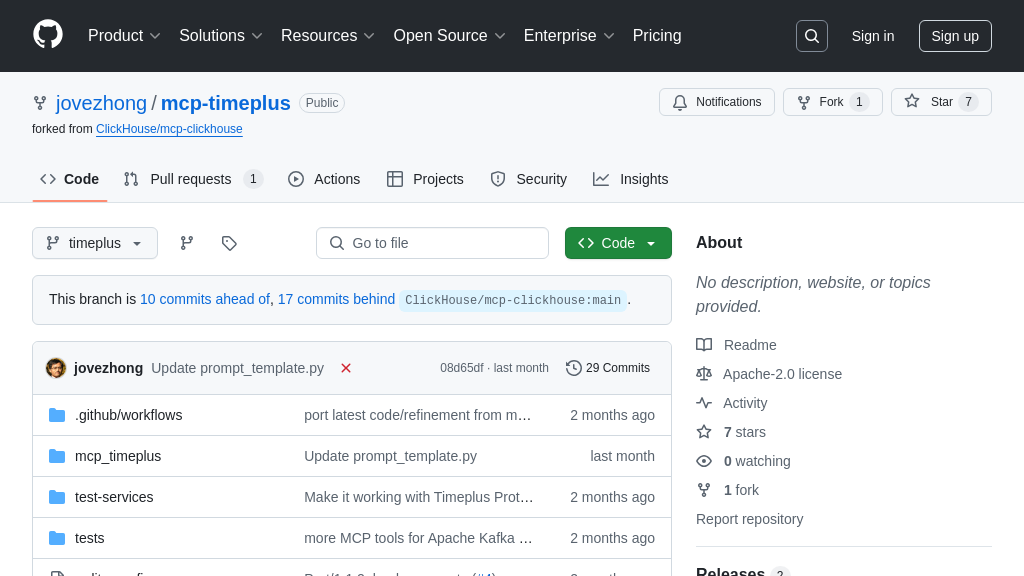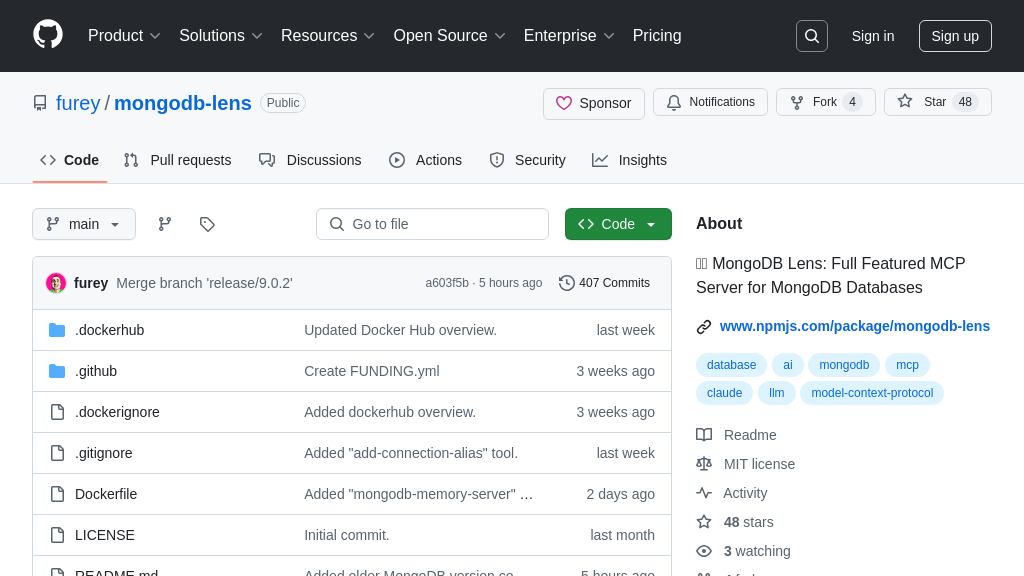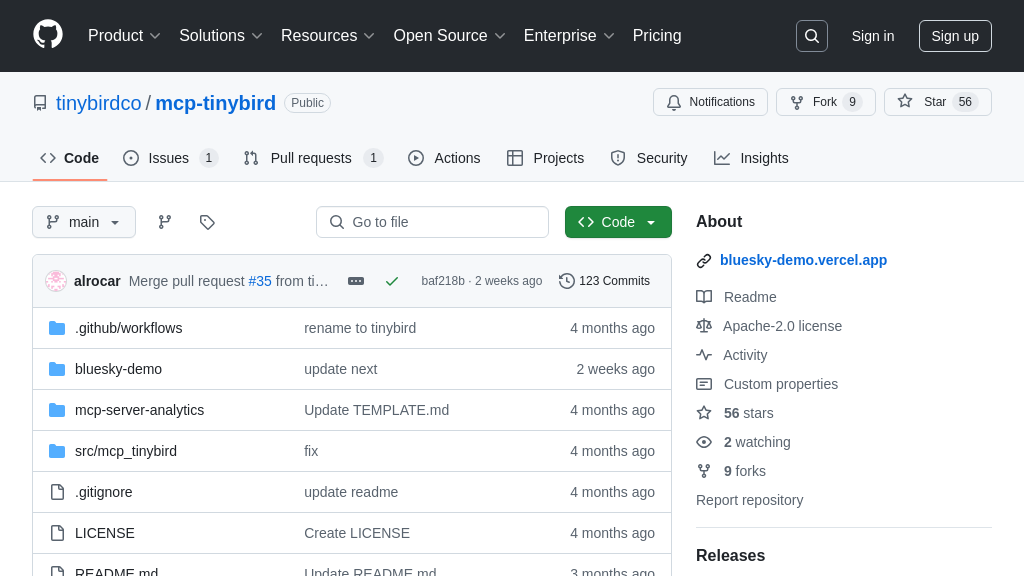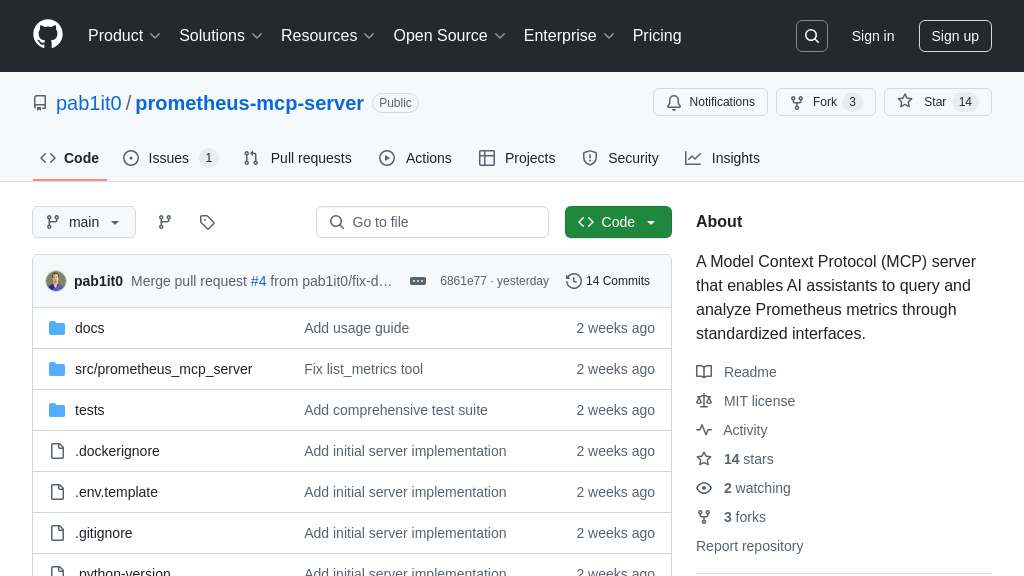jvm-mcp-server
jvm-mcp-server: MCP server bridging AI models with Java via Arthas for real-time JVM monitoring and analysis.
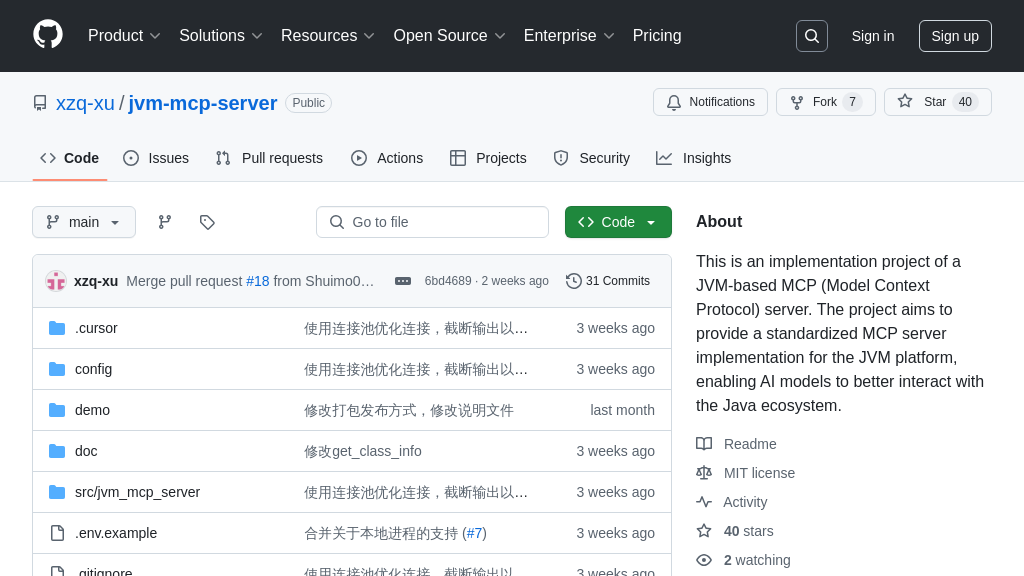
jvm-mcp-server Solution Overview
The JVM MCP Server is a vital MCP server solution designed to bridge AI models with the Java ecosystem. Leveraging the power of Arthas, it provides comprehensive JVM monitoring and analysis capabilities, delivering crucial data to AI models via the MCP protocol. This server automates Arthas management, supports both local and remote Java process monitoring, and offers real-time insights into JVM threads, memory usage, and class loading.
Developers benefit from features like thread stack tracing, class/method decompilation, and dynamic log level adjustment. By enabling AI-driven JVM performance analysis, the JVM MCP Server empowers developers to proactively identify and resolve performance bottlenecks. Seamlessly integrated via a simple Python interface, it offers a streamlined approach to enhancing AI model functionality with rich JVM context. This solution simplifies complex monitoring tasks, allowing developers to focus on building intelligent, Java-aware applications.
jvm-mcp-server Key Capabilities
JVM Monitoring via Arthas
The jvm-mcp-server leverages Arthas, a powerful Java diagnostic tool, to provide comprehensive JVM monitoring capabilities. It automatically downloads and manages Arthas, simplifying the setup process for developers. This feature allows AI models to gain deep insights into the runtime behavior of Java applications, including thread states, memory usage, and class loading information. By acting as a bridge between the Java ecosystem and AI models, it enables AI-driven performance analysis and optimization.
For example, an AI model can use the thread information to detect deadlocks or long-running tasks, or it can use memory usage data to identify potential memory leaks. This allows for proactive intervention and optimization of Java applications based on AI-driven insights. The server supports both local and remote Java process monitoring, providing flexibility in various deployment scenarios. The technical implementation involves using Arthas' command-line interface to collect data and then formatting it into a standardized MCP response.
Real-time JVM Data Streaming
This feature provides real-time streaming of JVM data, including thread information, memory usage, and class loading details, to AI models. This allows AI models to continuously monitor the JVM's health and performance, enabling real-time anomaly detection and proactive intervention. The server uses Arthas to collect data at regular intervals and streams it to the AI model via the MCP protocol. This ensures that the AI model always has the most up-to-date information about the JVM's state.
For instance, an AI model can monitor the CPU usage of different threads and identify threads that are consuming excessive resources. This information can be used to optimize the application's code or adjust the thread pool size. The real-time data streaming feature enables AI models to act as intelligent performance monitors, providing valuable insights and recommendations for improving the performance and stability of Java applications. The implementation uses HTTP/SSE for efficient data streaming.
Dynamic JVM Configuration
The jvm-mcp-server enables dynamic configuration of JVM settings, such as log levels, through the MCP interface. This allows AI models to adjust the verbosity of logging based on real-time conditions or specific debugging needs. For example, an AI model could detect an increase in error rates and automatically increase the log level to gather more detailed information for troubleshooting. This dynamic configuration capability reduces the need for manual intervention and allows AI models to proactively manage the JVM's behavior.
This feature solves the problem of needing to restart the JVM to change configuration settings, which can be disruptive and time-consuming. The technical implementation involves using Arthas to dynamically modify the JVM's configuration settings. This feature enhances the AI model's ability to interact with and control the Java environment, leading to more efficient and automated management of Java applications.



